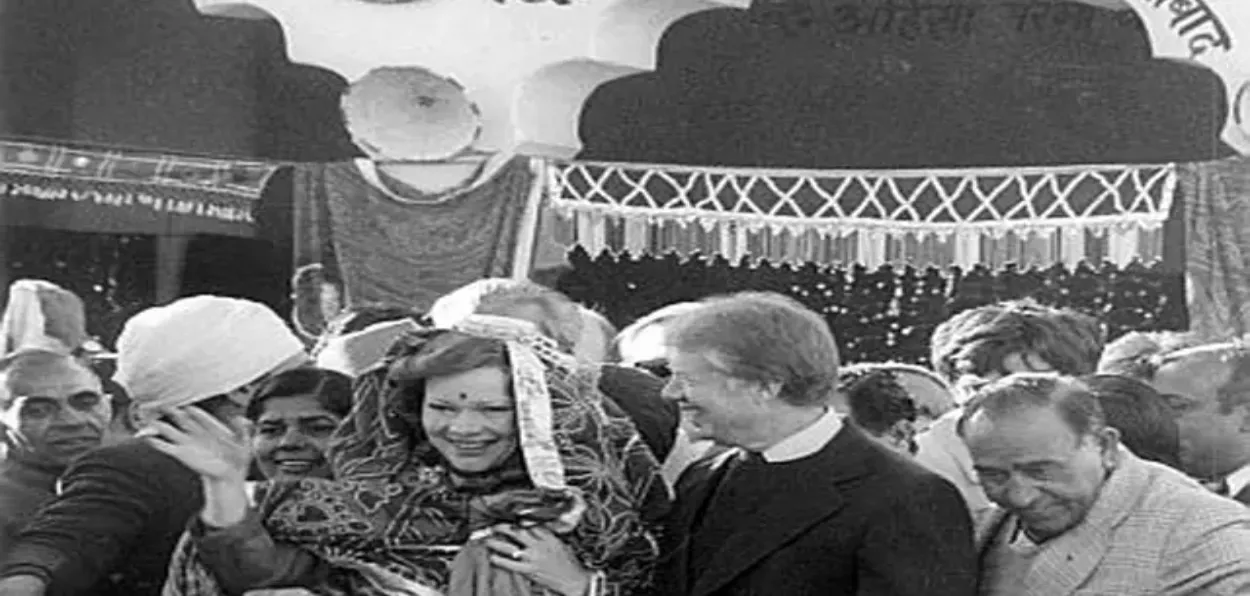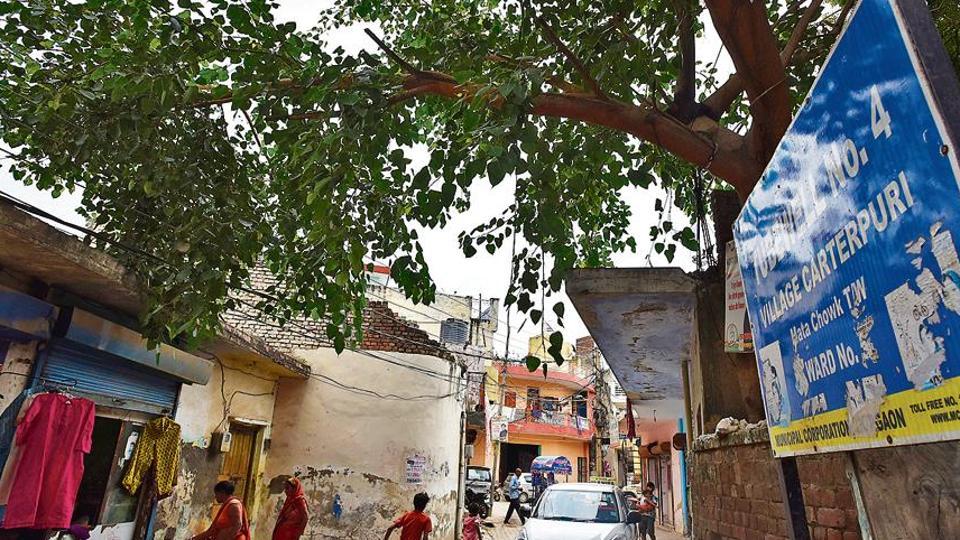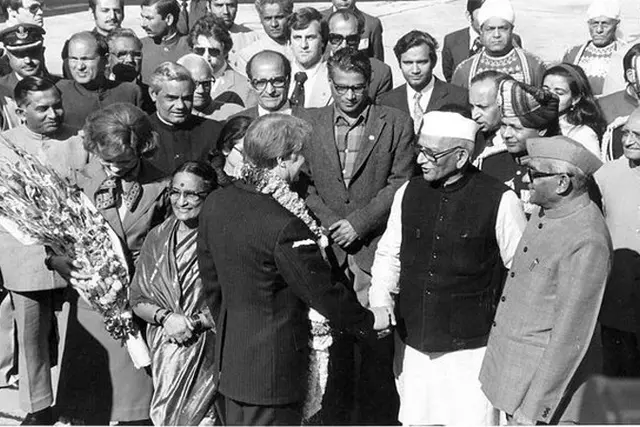
New Delhi
Jimmy Carter, the 39th President of the United States, who died at the age of 100 on Sunday at his Georgia home, is the adopted ‘son’ of a village close to Delhi which is named after him.
Carterpuri is the name of a village formerly known as Daulatpur Naseerabad, in the Gurugram district of Haryana, part of the National Capital Region (NCR). The village was renamed during Jimmy Carter’s historic visit to India in 1978, which turned out to be the first one by a foreign leader after the dark era of emergency.
He was accompanied by his wise Rosalynn Carter and both visited Daulatpur Nasirabad on January 3 where they interacted with locals. Prime Minister Morarji Desai suggested to the locals to rename their village after the US President and this is how Carterpuri got eternally connected to Jimmy Carter.
 Carterpuri village
Carterpuri village
The reason behind the Carters picking that village for a visit was rooted in nostalgia. Jimmy Carter’s mother Lillian Carter was a nurse, who lived in the village in sixties as a Peace Corps Volunteer.
So villagers already knew Jimmy through his mother.
Locals remember Lillian living in the mansion of Jaildar Sarfaraz. So when he took the oath of office as the President of the United States, the villagers celebrated.
Jimmy Carter was the President of the United States from 1977 to 1981, and he was conferred with the Nobel peace prize for establishing peace between Israel and Egypt in 2002.
Villagers in Carterpur not only celebrated his award but they have also been observing January 3 – the date of his visit - as a local holiday to commemorate their bond.
 Jimmy Carter with Prime Minister Morarji Desai
Jimmy Carter with Prime Minister Morarji Desai
Locals remember hosting the Carter couple and presenting a Haryanvi dress to Mrs Carter. She apparently wore the skirt-shit-dupatta dress for his visit to other villages.
However, the promise of making Carterpuri a model village has not been fulfilled.
ALSO READ: 2024 saw restoration of democracy, firming up of peace in J&K
Jimmy Carter's India visit was historic as he addressed the parliament and signed the Delhi Declaration that emphasized shared values of democracy and service to people as an essence of democracy between the two countries. he also praised Indian democracy for giving people a chance to change their government through elections.
